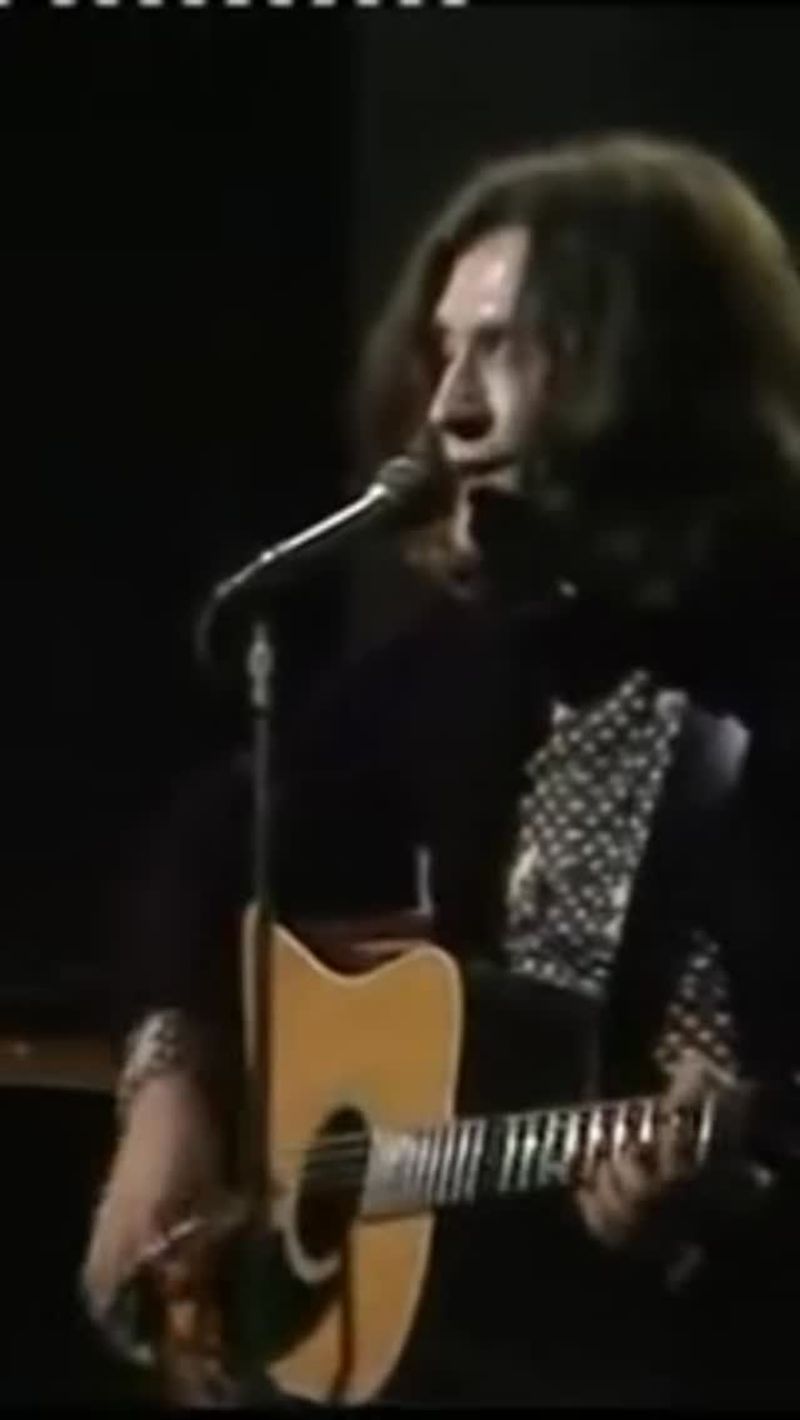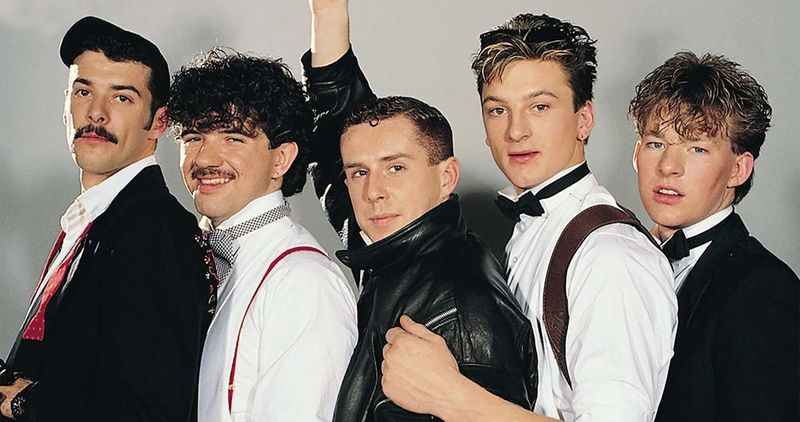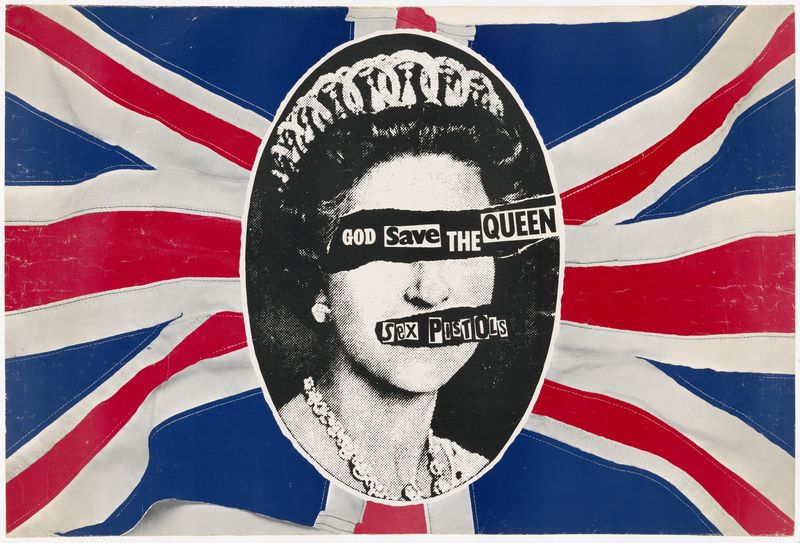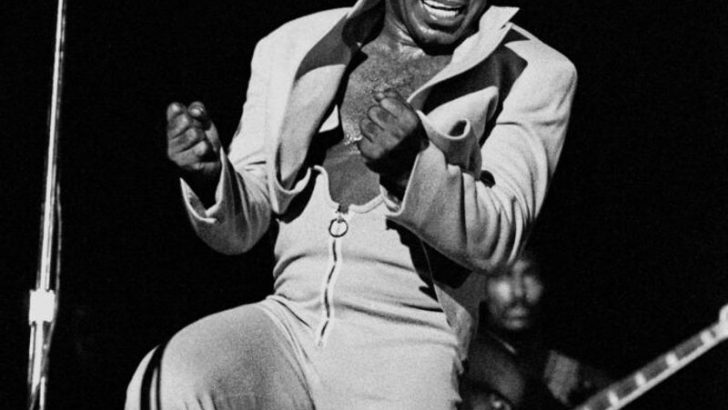Throughout music history, several songs faced bans due to their controversial nature. Ironically, these attempts only fueled their popularity, making them iconic anthems. Let’s explore seven instances where banning a song backfired, turning them into cultural phenomena.
1. “Lola” by The Kinks

Released in 1970, “Lola” by The Kinks initially faced a ban by the BBC due to its references to Coca-Cola. The song’s narrative about a romantic encounter challenged societal norms and shook the traditional beliefs of the era. Ironically, the very ban that was meant to suppress its popularity turned it into a rebellious anthem of its time.
When the lyrics were altered to “cherry cola,” it made waves and resonated with audiences worldwide. The song’s catchy chorus and bold theme only added to its charm. Today, “Lola” remains a celebrated classic, epitomizing the spirit of creative resilience.
2. “Relax” by Frankie Goes to Hollywood

In 1983, “Relax” by Frankie Goes to Hollywood was famously banned by the BBC for its suggestive lyrics. This ban caught public attention, sparking curiosity and intrigue. The controversy surrounding the song only intensified its appeal, drawing listeners eager to understand the uproar.
As the song climbed the charts, it became synonymous with the daring and provocative spirit of the 1980s. Despite initial resistance, “Relax” became a symbol of defiance, capturing the imagination of a generation. Its pulsating rhythm still resonates, a testament to its enduring influence and unstoppable rise.
3. “God Save the Queen” by Sex Pistols

Released during Queen Elizabeth II’s Silver Jubilee in 1977, the Sex Pistols’ “God Save the Queen” was banned for its anti-establishment message. The authorities’ attempt to stifle the punk anthem only fueled its notoriety.
The song’s raw energy and defiant lyrics captured the angst of the youth, turning it into a rallying cry against the establishment. Despite its ban, it soared in popularity, epitomizing the punk rock movement. Today, it stands as a cultural milestone, symbolizing the power of music to challenge the status quo and provoke thought.
4. “Imagine” by John Lennon

Though not officially banned, John Lennon’s “Imagine” faced calls for banning due to its utopian vision. Critics felt its lyrics challenged religious and political norms. Ironically, these controversies only amplified its message of peace and unity.
The song’s serene melody and hopeful lyrics resonated with those longing for a better world. Lennon’s dream of global harmony struck a chord, making it a timeless anthem. “Imagine” continues to inspire and unite people across generations, proving that the power of a simple yet profound message can transcend opposition.
5. “Strange Fruit” by Billie Holiday

In 1939, Billie Holiday’s haunting rendition of “Strange Fruit” highlighted the brutal reality of racial violence in America. Its stark imagery led to pushback and attempts to suppress its performance. Yet, the song’s poignant message could not be silenced.
“Strange Fruit” became a powerful protest song, drawing attention to racial injustice and igniting a conversation long overdue. Holiday’s emotive delivery conveyed the gravity of its subject matter, leaving an indelible mark on both music and society. The song remains a haunting reminder of the past and a call to action for future change.
6. “Born in the USA” by Bruce Springsteen

Bruce Springsteen’s “Born in the USA,” released in 1984, faced misinterpretation and subsequent bans due to its critical portrayal of American policies. The upbeat melody contrasting with its critical lyrics sparked discussions and debates.
Despite this, the song’s patriotic yet questioning nature resonated with many, elevating it to anthem status. It encapsulated the disillusionment of a generation while celebrating resilience. Springsteen’s powerful voice and engaging performance made it an enduring classic. “Born in the USA” continues to echo through time, symbolizing the complex relationship with national identity.
7. “Smells Like Teen Spirit” by Nirvana

In the early 1990s, Nirvana’s “Smells Like Teen Spirit” was unofficially banned from certain radio stations due to its loud, rebellious sound. The song’s raw energy and grunge aesthetic captured the spirit of a disenchanted youth, leading to its widespread acclaim.
The apparent attempts to stifle its reach only fueled its success. As a defining anthem of the grunge movement, it challenged mainstream music norms and created a new cultural paradigm. Kurt Cobain’s undeniable charisma and poignant lyrics continue to inspire generations, cementing the song’s place in rock history.

